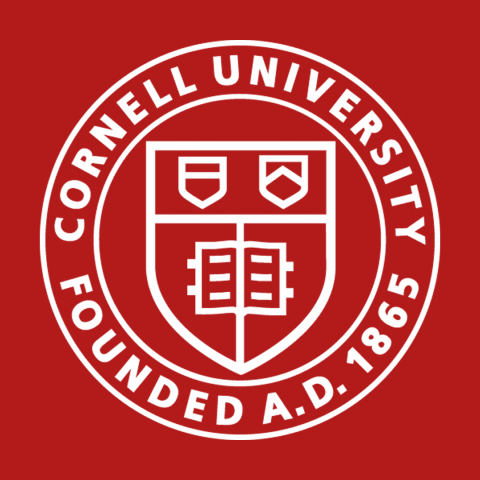Dynamical Systems and Ordinary Differential Equations

Topics studied in dynamical systems span the natural and social sciences as well as many engineering disciplines: the vibration of molecules, the motion of planets, and the study of complex systems like the human brain or power grid, to name a few. There is also a branch of the subject concerned with more mathematically pure problems, such as analyzing the iteration of quadratic functions. In recent years, CAM faculty and students have used dynamical systems to study the oscillations of bubbles, the flight of mosquitoes, the emergence of cooperation, and rapid evolution in predator-prey systems, among other phenomena.
Cornell has a long history as a center for research in the subject, and CAM has been a focal point for that research. CAM faculty who regularly teach dynamical systems courses and serve as advisors of students doing research in the subject are Steve Ellner, John Guckenheimer, John Hubbard , Richard Rand, James Sethna, John Smillie, Paul Steen, Steve Strogatz, Alex Vladimirsky and Jane Wang. Many students have taken advantage of the interdisciplinary opportunities provided by CAM to engage in research that connects theory, simulation, and experiment.
Dynamical systems theory studies models of how things change over time. Even the simplest nonlinear dynamical systems can generate phenomena of bewildering complexity. Because formulas that describe the long time behavior of a system seldom exist, we rely on computer simulation to show how initial conditions determine the evolution of particular systems. Simulations of different systems sometimes display common patterns. One of the main goals of dynamical systems theory is to discover these patterns and characterize their properties. The theory can then be used to describe and interpret the dynamics of specific systems. It can also be used as the foundation for numerical algorithms that seek to analyze system behavior in ways that go beyond simulation. Another significant research area is bifurcation theory, which studies how a system’s dynamics change as its parameters are varied.
